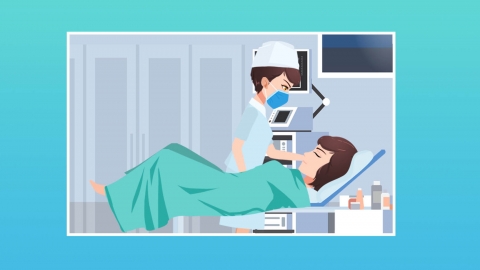When to remove stitches after hemorrhoid surgery?
Generally, if non-absorbable sutures are used in hemorrhoid surgery, suture removal is typically scheduled 7–10 days after the operation; if absorbable sutures are used, no removal is necessary as they will naturally dissolve and fall off on their own. If there are any concerns, it is recommended to consult a healthcare provider in advance. Detailed explanations are as follows:

If non-absorbable sutures are used in hemorrhoid surgery, the doctor will determine the timing of suture removal based on wound healing. Around 7–10 days post-operation, if there is no redness, swelling, or discharge from the wound, and granulation tissue is growing well without signs of infection or poor healing, the sutures can be removed to prevent prolonged irritation of the perianal skin that may cause discomfort. If wound healing is slower with mild inflammation present, suture removal may be delayed by 1–2 days to ensure wound stability.
If absorbable sutures are used during surgery, these sutures are made of materials that gradually break down and are absorbed by the body, so manual removal is not required. Typically, the sutures will fall off naturally within 2–4 weeks as the wound heals, and no special care is needed during this period. If some sutures remain beyond four weeks but there is no significant discomfort, continued observation is acceptable. However, if there is a sensation of a foreign body or mild pain at the site, medical evaluation is advised to determine whether any intervention is necessary.
After hemorrhoid surgery, it is important to keep the surgical area clean and dry, and avoid strenuous physical activity or friction on the wound. If symptoms such as redness, increased pain, or discharge occur before or after suture removal, prompt medical attention should be sought to prevent complications affecting wound healing.





